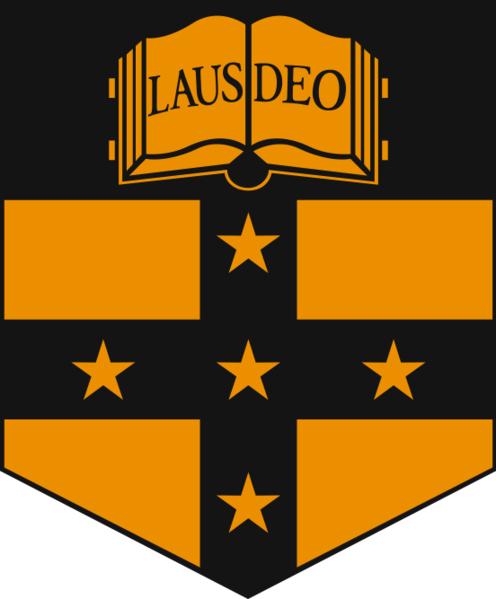I thought that I’d outline what it takes to become a medical practitioner, and in my particular case this journey started in 1990. So, it has taken over 20 years which is more than half of my life. What no one explained to me before embarking on my medical career is that this is a job which will consume your entire life. I first enrolled in medical school at the University of New South Walesin 1990, but I suppose that it’s fair to say that my training for a medical career probably started several years before entering university.
Just to explain for anyone outside of Australia that entry into the medical system is highly competitive. I am sure that it is hard to enter medical school anywhere it the world. At the time that I applied for medical school, the entry criteria was based on a score out of 500 for the Higher School Certificate which is the leaving exam for year 12 students exiting high school. There were 3 universities offering medical studies in the early 1990s – University of Sydney, UNSW and the relatively new course at Newcastle University. All three medical degrees were undergraduate, and there were no postgraduate courses on offer at the time for medicine. The University of Sydney and UNSW accepted placements for medical students on the basis of the HSC result alone, whereas the University of Newcastle had a radical system of entry criteria based on HSC mark, aptitude testing and interview! To gain entry into medical school on the basis of the HSC mark alone required academic performance which ranked in the top 1% of candidates in the state.
It’s probably true that this type of selection process significantly affected the type of doctors that were graduating from medical schools. If I look at myself and some of my colleagues, it would be fair to say that we were all academically gifted and dedicated, however probably not very well rounded when we entered medical school. Just out of interest, the selection process for entry into medical school is rapidly evolving. The University of Sydney now offers a postgraduate medical degree and the selection criteria is much more widely based rather than just being judged on high school academic performance.
When I was talking about the lifetime dedication required to become a medical practitioner, I was referring to the fact that there was probably some level of planning during early schooling that led to my becoming accepted into medical school. The very first thoughts of entering medical school were probably as the results of some subtle ‘brainwashing’ by my father. He was very keen on us becoming doctors and was quite involved in our education, both at home as well as at school.
I started off at a public school from kindergarten to year 6 at Annangrove Public School. I can’t believe that they have their own website now!
 I have really fond memories of this school and I remember time being a lot of fun. School in the early days was not overly academic, so when I entered high school, I was in for quite a shock!
I have really fond memories of this school and I remember time being a lot of fun. School in the early days was not overly academic, so when I entered high school, I was in for quite a shock!
I played the cello for the first half of my life, and by the time I was entering high school I had fallen in love with this beautiful instrument (which is now collecting dust). My father enrolled me for an audition at Sydney Grammar School and I won a music scholarship into this great school.
I struggled in many ways to adapt initially to my new school, particularly academically, but I really enjoyed the musical aspect of the school. I was in a string quartet and also was leader of the cello section for the school orchestras. I performed about average academically, however I vividly remember on exam for maths in year 9 where I came fourth overall, whereas normally I’d be somewhere in the top 50. I remember that I had actually put some study towards this exam but I couldn’t believe how well I had done. I was beating peers who I thought were geniuses and unstoppable maths giants. And then I became one of them. This did wonders for my self esteem and belief in my own abilities. I enrolled in 4 unit maths and 4 unit science, as well as 3 unit music and 2 unit English for the HSC. I remember working quite hard for the HSC, but I wasn’t aiming to specifically get into medical school. Studying for the HSC was quite stressful, because so much depended on your mark. This exam was life changing, however I must say that nothing that I did for HSC preparations was anything at all like medical exams!
